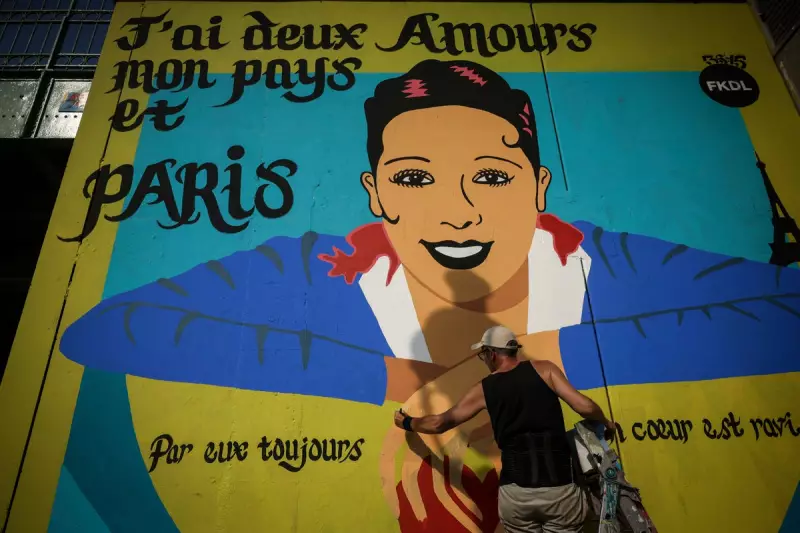
French President Emmanuel Macron has unveiled plans to relocate the remains of two of France's most revered figures—Victor Hugo and Marie Curie—to the Panthéon in Paris. The move is part of a broader effort to celebrate their monumental contributions to literature and science.
A Tribute to Literary and Scientific Giants
Victor Hugo, the author of timeless classics such as Les Misérables and The Hunchback of Notre-Dame, will be reinterred in the Panthéon, joining other luminaries like Voltaire and Rousseau. Hugo's works have left an indelible mark on global literature, and this honour underscores his enduring influence.
Marie Curie, the trailblazing physicist and chemist who pioneered research on radioactivity, will also be moved to the Panthéon. Curie, the first woman to win a Nobel Prize and the only person to win Nobels in two different scientific fields, remains a symbol of perseverance and innovation.
The Panthéon: A Symbol of National Pride
The Panthéon, originally built as a church, now serves as a mausoleum for France's most distinguished citizens. Macron's decision to include Hugo and Curie reflects a desire to highlight the nation's rich cultural and scientific heritage. "Their legacies transcend time," Macron stated. "They embody the values of France—liberty, equality, and fraternity."
Public and Political Reactions
The announcement has been met with widespread acclaim, though some historians have raised questions about the logistics of the reburials. Nevertheless, the move is seen as a fitting tribute to two individuals whose work continues to inspire generations.
The reburials are expected to take place in 2025, coinciding with the bicentenary of Hugo's birth and the 120th anniversary of Curie's first Nobel Prize.






